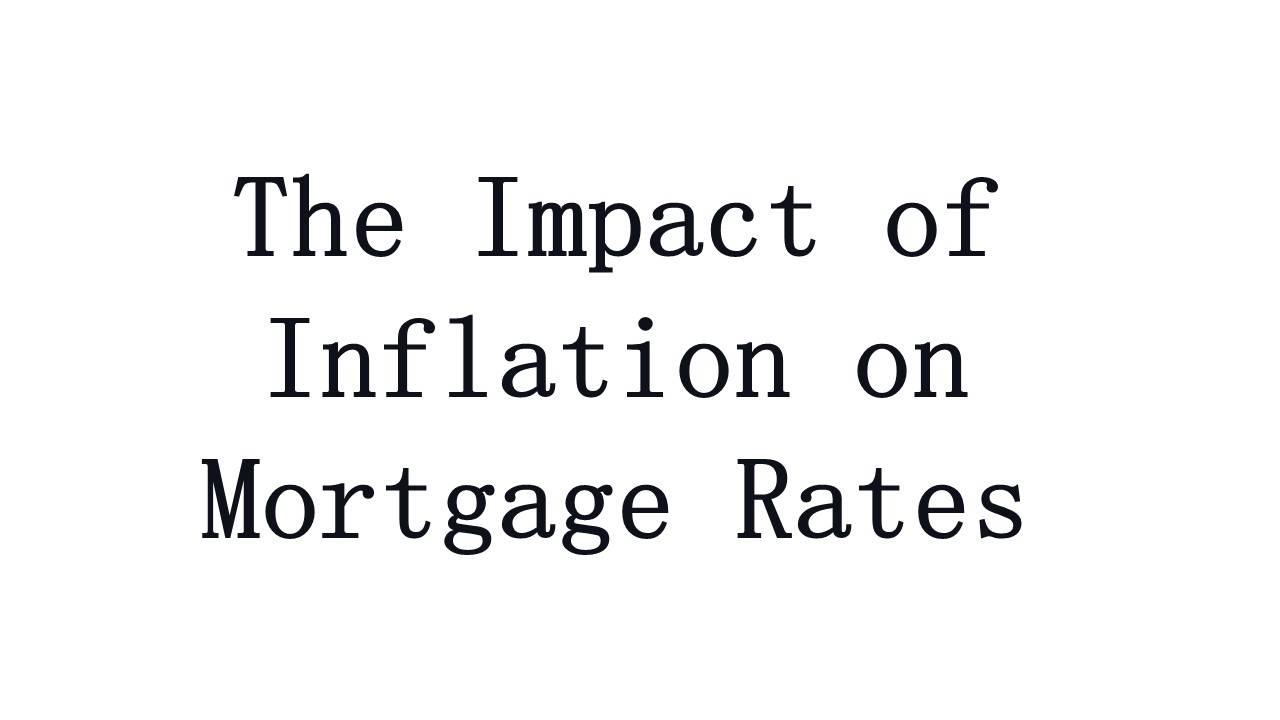Introduction
Inflation is a major reason that affects the economy and financial markets, including mortgage rates. In this post, we will look at the impact of inflation on mortgage rates and how it can affect your chances of buying yourself a home.
What is Inflation all about?
Inflation is when the general prices for goods and services is rising. When inflation is high, the purchasing power of your money decreases, which means you can buy less with the same amount of money.
How Does Inflation Affect Mortgage Rates?
Inflation can have a huge impact on mortgage rates. When inflation is high, lenders may increase their mortgage rates to compensate for the decreased purchasing power of the money they lend. This is because lenders want to ensure they earn a return on their investment that exceeds the inflation rate.
On the other hand, when inflation is low, lenders may offer lower mortgage rates to attract borrowers. This is because lenders don't need to increase their rates to compensate for inflation and may be willing to give lower rates to compete for business.
How Does Inflation Affect Your Ability to Buy a Home?
Inflation can affect your ability to buy a home in several ways. When mortgage rates are high due to inflation, qualifying for a mortgage can make it more challenging. Higher mortgage rates mean higher monthly payments, raising your debt-to-income ratio and making it harder to meet lender requirements.
In addition, high inflation can also drive up the cost of living, making it more difficult for you to save for a down payment or afford other expenses associated with buying a home.
Conclusion
Finally, inflation has a major impact on mortgage rates and your capacity to purchase a property. While you have little control over inflation, raising your credit score and reducing your debt-to-income proportion will increase your chances of being approved for a mortgage. Working with a mortgage expert can also help you identify the finest loan options for your circumstances and navigate the complicated world of mortgage rates.



No comments yet
Be the first to share your thoughts!